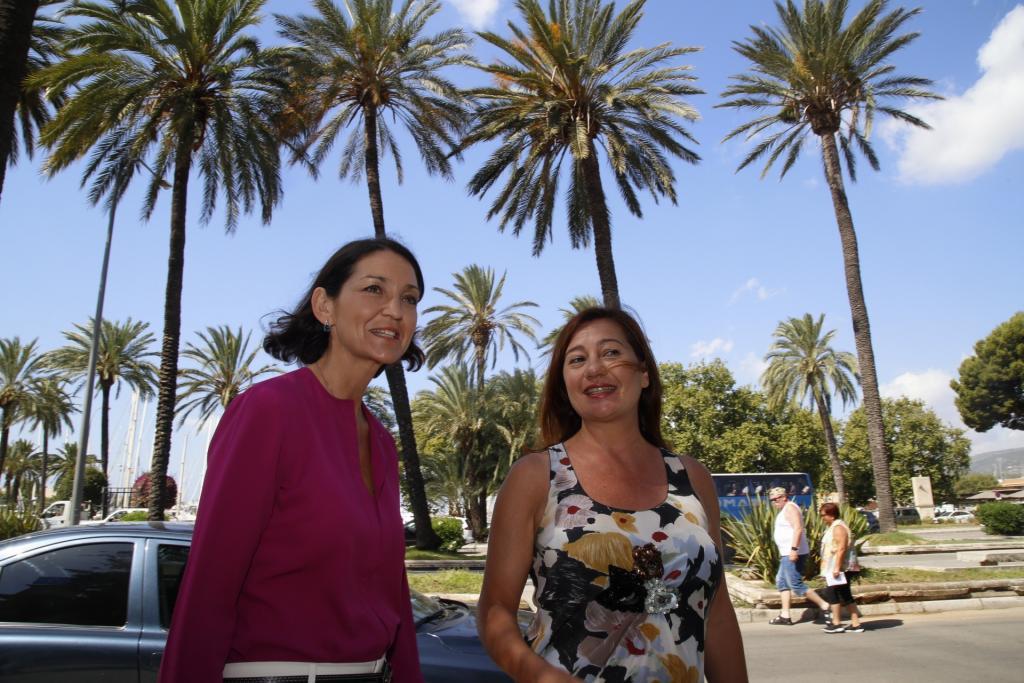Spain's tourism minister, Reyes Maroto, said in a recent interview that the government "is open to adopting measures, as the tourism sector needs the backing of the administration in being one of the sectors that take Spain out of the crisis once the pandemic passes". A measure she mentioned was a possible reduction in the so-called tourist rate of IVA (VAT), which is currently ten per cent.
Tourism and general business associations in the Balearics and Spain have been crying out for a cut, and following Maroto's interview, the president of the Pimem small to medium-sized businesses federation in the Balearics, Jordi Mora, said that it "sounds good" but believed that it was a case of the government only finally being sensitive to the needs of tourism. "It would have been logical to have done this previously (in years before the pandemic), when the Balearics had to compete on inferior terms with the rest of the holiday countries in the Mediterranean."
In Mora's view, cutting IVA now "would not reactivate holiday demand". "The pandemic crisis has affected everything in a negative way, and there isn't at present the intention to travel among the main tourism markets."
The president of the Confederation of Balearic Business Associations, Carmen Planas, argues that "this is the moment to cut IVA for all sectors on the tourism value chain". The confederation, she adds, has repeatedly demanded "the need to reduce IVA for all sectors most affected by the crisis, and in the same regard we have opposed the Spanish government's intention to extend IVA to private education and health".
Hotelier federations in the Balearics say that anything that can be done to reactivate tourism activity is welcome, and so the Spanish government "should act accordingly".


1 comment
To be able to write a comment, you have to be registered and logged in
Without doubt, the most negative tax for incoming tourists to Mallorca is the tourist tax.After a long journey they arrive at their destination (hotel or villa) only to be hit for an immediate ‘cash’ payment. They feel fleeced. They feel they’re not getting value for money. It’s an instant downer to their holiday.If you want tourist back, this has to be considered. Next year, if there is a tourist year, the completion is going to be tough.